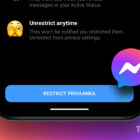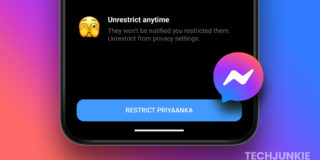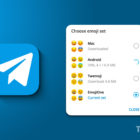ChatGPT vs. Google Bard Comparison: How Are the Two AI Tools Different?
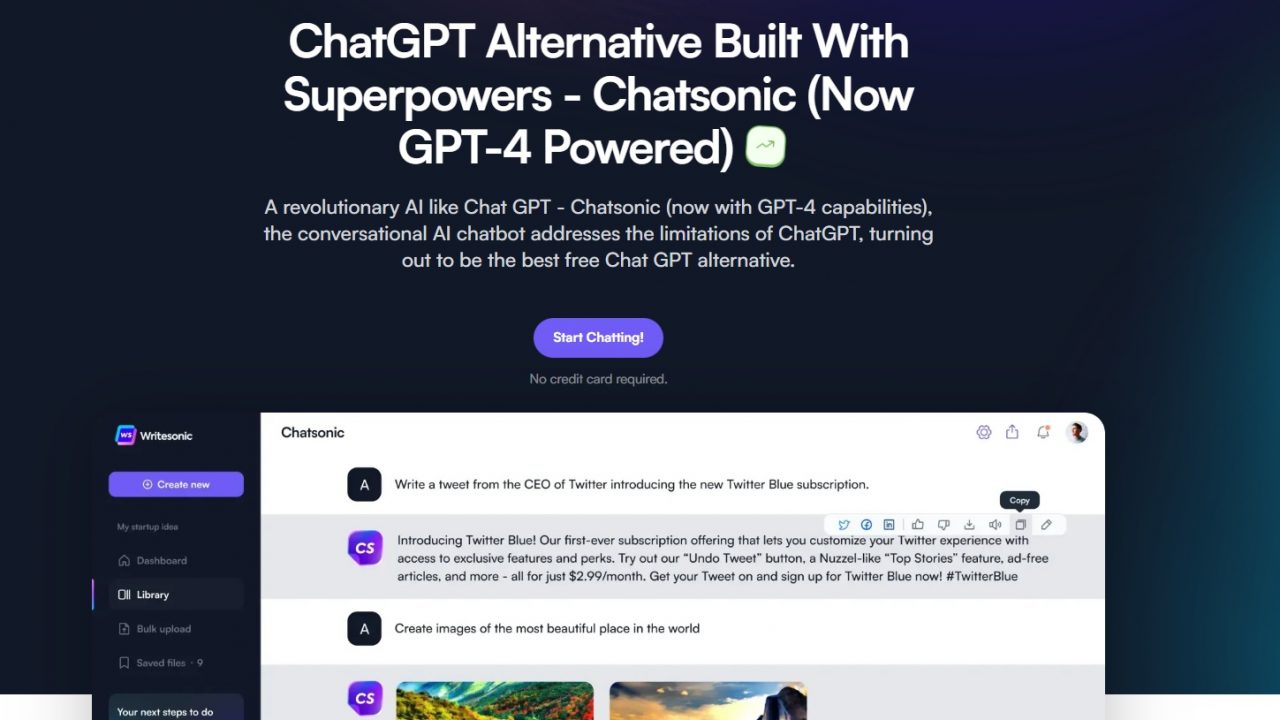
Thanks to ChatGPT, AI language tools have never been more popular. While the field is now rich with competitors like Jasper.Chat, BingAI, ChatSonic, and more, ChatGPT still dominates the market. Many consider Google’s Bard as a close runner-up to ChatGPT and its true competitor. While Bard is still relatively new, it is backed by Google, which has years of expertise in AI and ML. So, in a ChatGPT vs. Google Bard comparison, which AI tool is better? Find out here.
What Is ChatGPT?
While it isn’t the first AI-powered chatbot, it’s safe to say that ChatGPT is one that popularized this kind of AI tool when it launched on November 30, 2022. As per OpenAI, ChatGPT reached its first 1 million users within 5 days of launch.
ChatGPT works by finding patterns within data sequences to answer queries as naturally as possible. The free version uses GPT-3.,5 which patterns its answers through human-created text on the internet.
On the other hand, ChatGPT Plus uses the upgraded GPT-4 that can generate text based on images and videos.
Due to its content-creating capabilities, ChatGPT is commonly used to create blogs, emails, essays, short stories, and more. Thanks to plugins, you can use ChatGPT on Google Sheets to boost your productivity. Also, check out some ChatGPT alternatives that are worth trying.
→ Try now
What Is Google Bard?
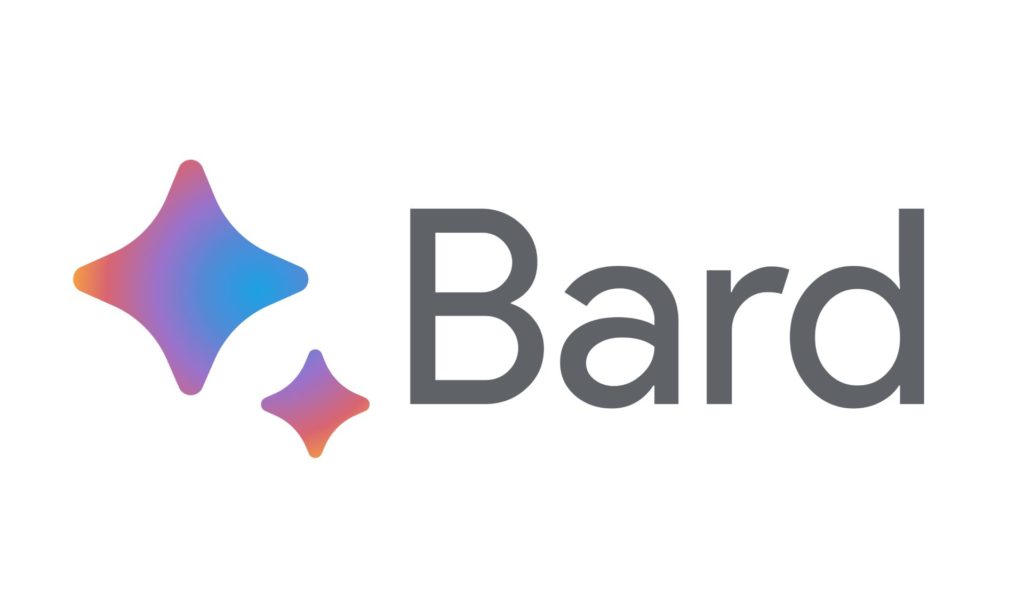
Google unveiled Bard on February 6. Although the software is entirely new, it’s supported by Google’s Language Model for Dialogue Applications (LaMDA). This proprietary machine-learning technology has been around for two years.
Additionally, Bard is powered by PaLM 2, Google’s best large language model (LLM).
Bard is intended to work like a simplified and streamlined version of a search engine. Upon asking a question, Bard will give you a straight answer based on data gathered from the internet.
A lot more convenient than having to go through an entire page of search results when using Google.
Since Bard’s database also includes answers posted on forums, it can give answers deemed offensive by some. As such, Google has put in a disclaimer that offensive answers by the tool don’t represent the company’s views.
Google Bard vs. ChatGPT: Key Differences Explained
At a glance, it may seem like Bard and ChatGPT are the same. But there are a few key differences between the two AI tools.
Data and Accuracy
ChatGPT is trained using a dataset of text taken from Common Crawl, books, articles, documents, Wikipedia, and the internet. However, its sources are limited to everything posted up until 2021.
Asking ChatGPT information about world events will lead to outdated responses.
On the other hand, Bard takes data from all over the internet in real time. If you want the specifics, Bard draws its answers from 50% from public forum dialogues, 12.5% from C4 Data, 12.5% from public documents, 12.5% from Wikipedia, and 6.25% each from English and non-English documents.
Pricing
Both AI chatbots are free-to-use so you can try them out without spending a dime.
However, ChatGPT offers a paid version called ChatGPT Plus. This $20/month plan comes with special benefits such as access during peak times, better response times, and quick access to new features. ChatGPT Plus uses the more powerful GPT-4. You also need a Plus subscription to try out ChatGPT plugins.
Since ChatGPT gets millions of users regularly, the paid model is a great way to avoid getting locked out. It also ensures you can avoid the dreaded ChatGPT internal server errors.
As for Google Bard, it is available in 180 countries and is currently free to use.
Speed
For this, we asked ChatGPT and Bard to tell us the best way to cook a ribeye steak. The prompts were given from the same computer, using the same internet connection.
Bard answered the question within 8 seconds. ChatGPT took around 20 seconds, but its response was far more detailed. It even included the perfect cooking temperatures.
Bard is quicker because it provides concise answers to prompts. However, it’s hard not to appreciate ChatGPT’s efforts to make things as detailed as possible.
Functionality
This is where the line is heavily drawn between the two AI chatbots. For starters, Bard is designed to mimic how humans converse. ChatGPT is designed to give you direct answers, mostly without emotions unless properly prompted to.
Let’s take a look at these examples.
Bard’s answer felt more real – sounds like a conversation that you and your friend could have. Although ChatGPT sounded friendly, there’s no denying that you’re talking to a chatbot.
Now, let’s see how both tools respond when asked to generate a 300-word essay.
As of this writing, Bard isn’t capable of generating essays, blogs, and many other forms of content. On the other hand, ChatGPT is being used by businesses, students, and professionals to create quality content in a couple of seconds.
There might be a time when Bard will be capable of the same thing. When it launched, Bard wasn’t capable of generating code but ChatGPT could. However, as of April 2023, Bard can do the same.
ChatGPT vs. Google Bard: Which is Better?
Both AI chatbots are great. However, if you’re looking to supplement your business, professional needs, or studies with great content, ChatGPT is the way to go. If you’re looking for a better way to support your search habits, you’ll have a better time with Google Bard.
What we do know for certain is that the future of AI chatbots is exciting thanks to the team of developers supporting them.















